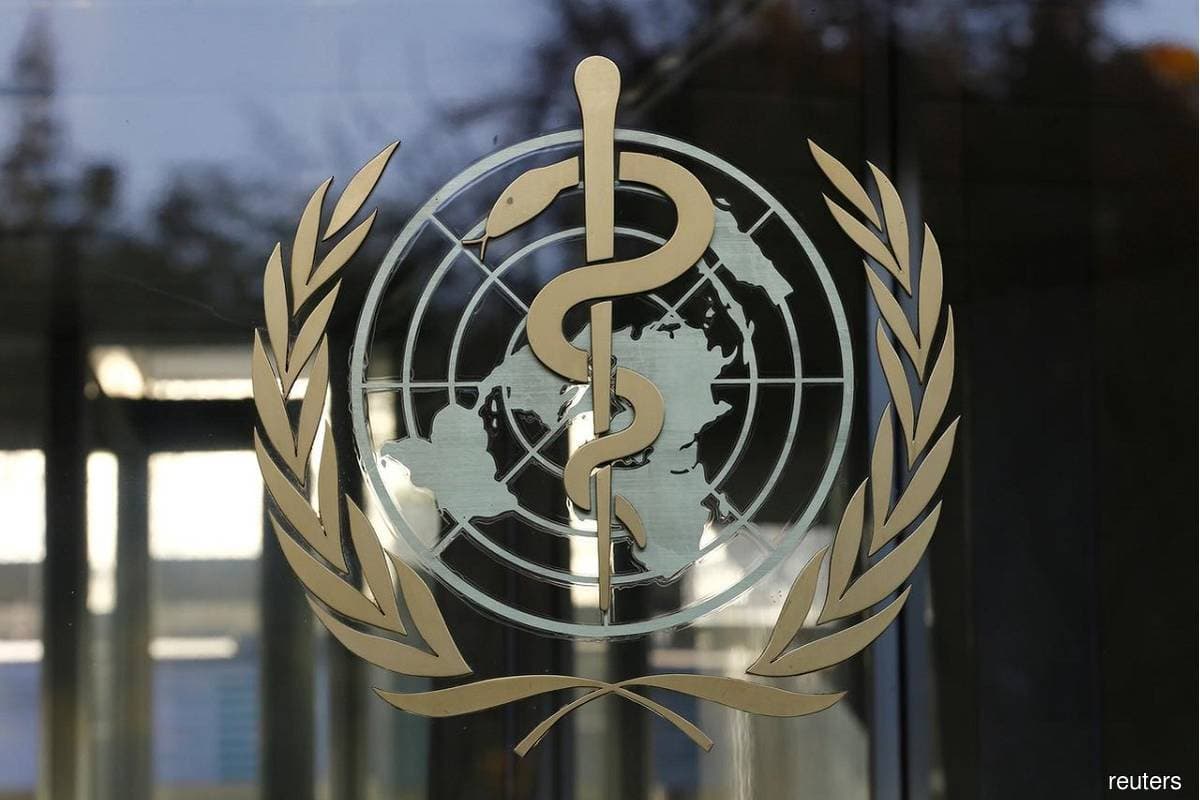
KUALA LUMPUR (March 31): The World Health Organization (WHO) has flagged XBB.1.16, an Omicron subvariant that has been documented mostly in India, and said it is monitoring it.
WHO Covid-19 technical lead Dr Maria Van Kerkhove said the agency is “monitoring it because it has potential changes that we need to keep a good eye out on”.
She said the strain has been reported in 22 countries, with the majority of cases coming from India.
“In India, XBB.1.16 has replaced the other variants that are in circulation,” Van Kerkhove said. “So this is one to watch,” she was quoted as saying by US News on Wednesday (March 29).
The report added that India is seeing an increase in coronavirus cases.
It said that according to WHO, India is experiencing the highest proportional increase in infections of its region, reporting over 10,500 new cases over the past four weeks compared to nearly 3,000 infections during the previous four weeks.
The subvariant has been circulating for a few months, Van Kerkhove said, noting that it doesn’t appear to cause more severe disease.
“We haven't seen a change in severity in individuals or in populations, but that's why we have these systems in place,” she said.
“Systems to track the virus variants, global collaborations to assess transmissibility, immune escape, severity and the impact of any of our interventions including diagnostics, therapeutics and vaccines,” the expert said.
According to Van Kerkhove, the strain is similar to XBB.1.5, which is dominant in the US.
“It has one additional mutation in the spike protein, which in lab studies shows increased infectivity as well as potential increased pathogenicity,” Van Kerkhove said.
XBB.1.16 has been documented in the US but does not yet appear on the Centers for Disease Control and Prevention’s variant tracker.
The subvariant is just one of more than 600 Omicron subvariants that WHO is tracking.
“One of the things we are very concerned about is the potential for the virus to change to become not only more transmissible but more severe,” Van Kerkhove said. “So we have to remain vigilant.”